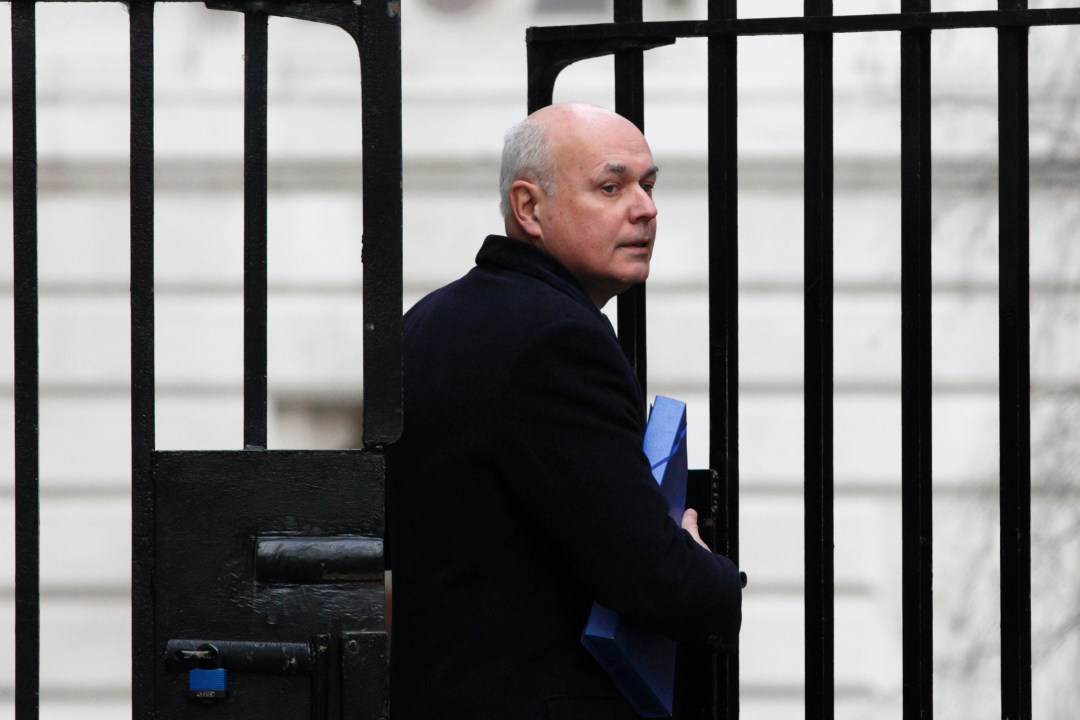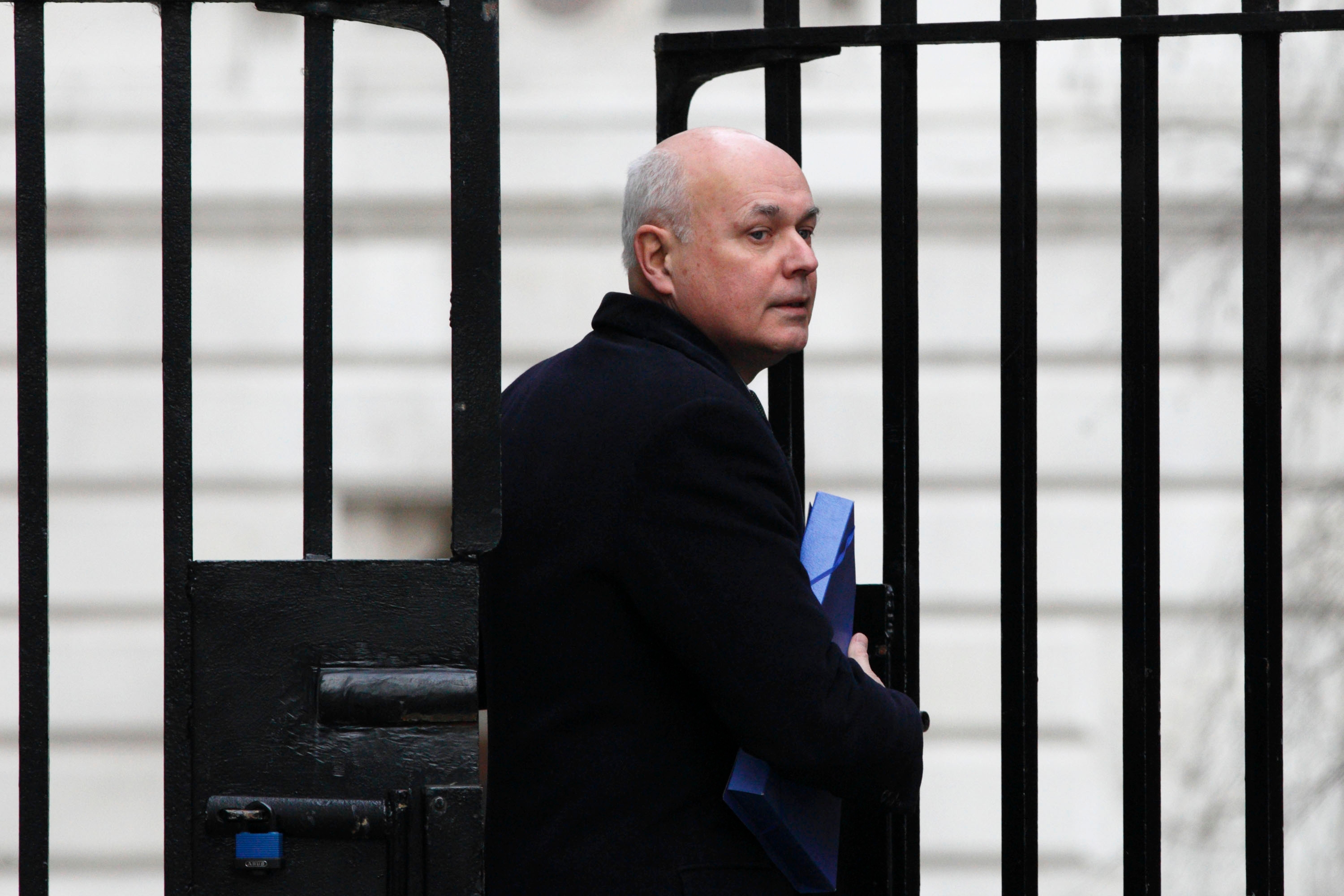That Universal Credit is one of the government projects at risk of failing is not a surprise, especially not if you’re a Spectator reader. We warned back in September 2012 that the Whitehall machine was already trying to put the brakes on the project. Officials did try their very best yesterday to avoid a big fuss about the danger this project, and others, is in, by publishing the Major Projects Authority’s annual report late on a Friday afternoon with as little fanfare as possible. It was a cynical thing to do, and also underestimated the ability of journalists following the progress of Universal Credit to read a press release properly. The attempt to bury bad news was a poor one.
One of the reasons David Cameron mulled moving Iain Duncan Smith away from the Work and Pensions brief in last September’s reshuffle was he felt perhaps there should be someone with the kind of gimlet eye that doesn’t miss problems with big projects, while IDS is a visionary capable of thinking the sort of thing that other ministers sometimes find unthinkable. A failure to spot serious problems with a policy because of a strong desire for it to work isn’t unique to the Universal Credit: I highlighted a blind spot over the government’s fitness-to-work tests in yesterday’s Telegraph.
But as our leading article from September explained, the danger lies as much in the Whitehall machine as it does in the ranks of ministers working on the project. The question that everyone will ask if Universal Credit does sink is can any modern UK government expect to carry out sweeping reforms, or must it all be piecemeal and lacking in ambition?








Comments